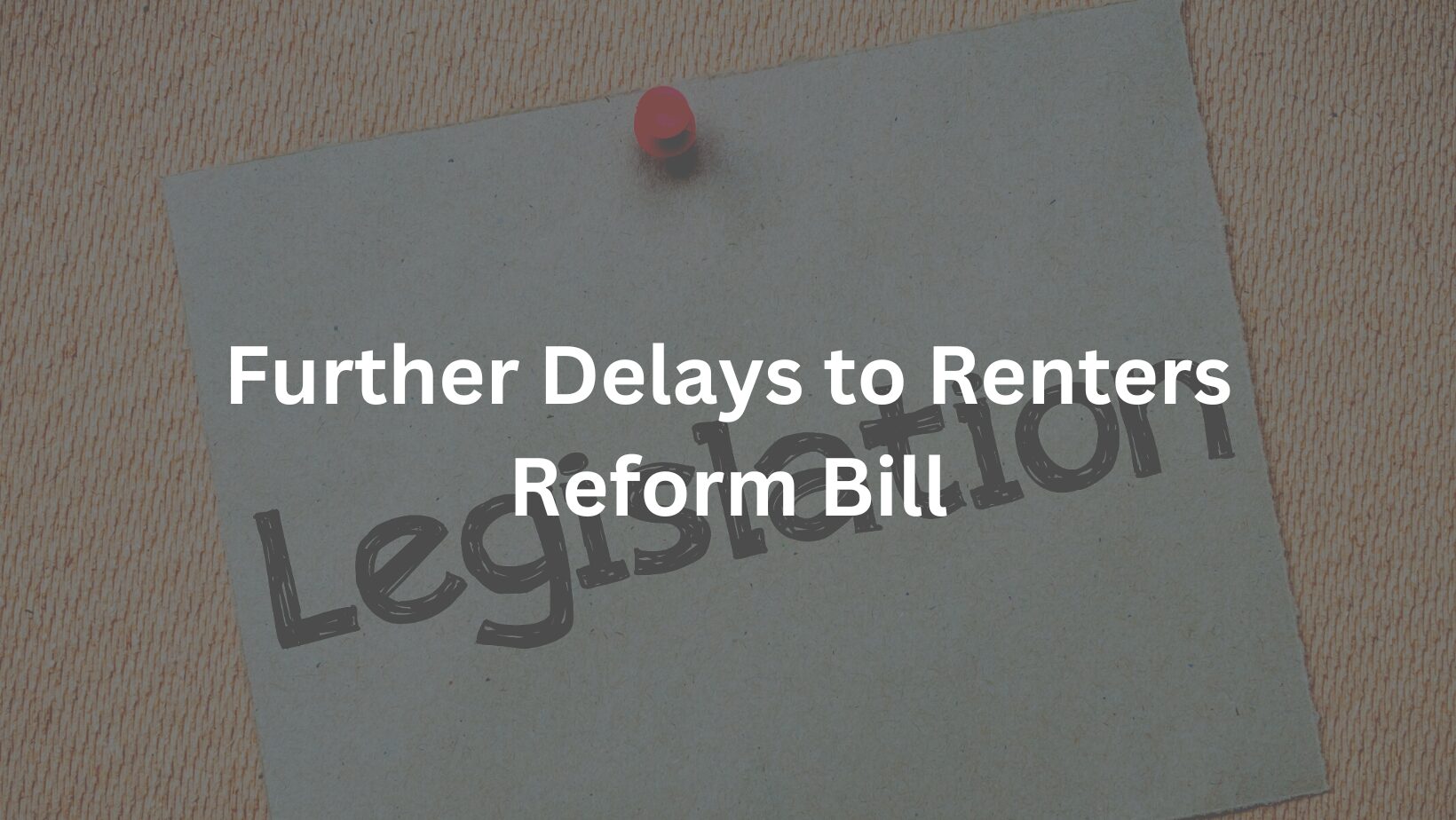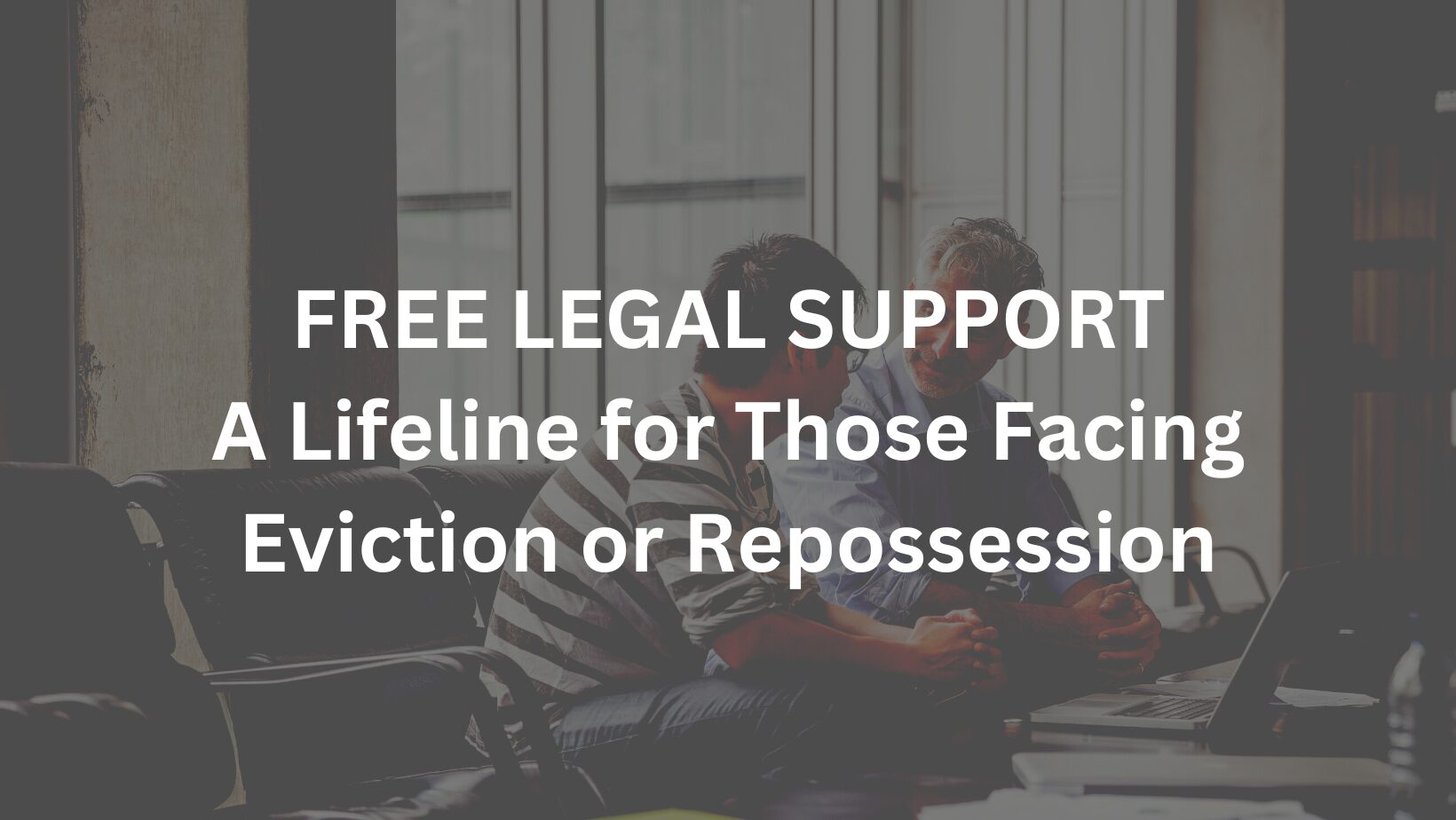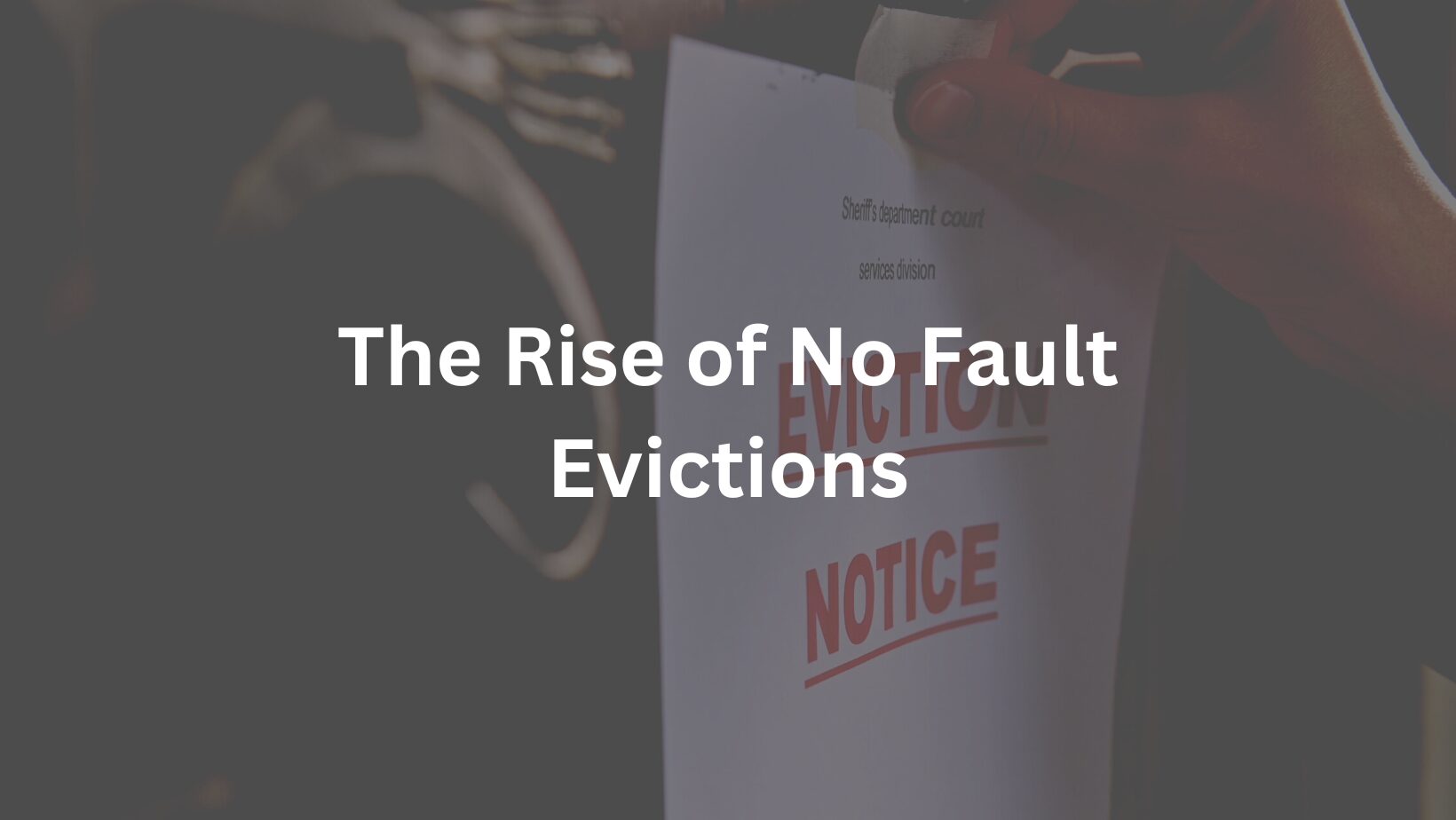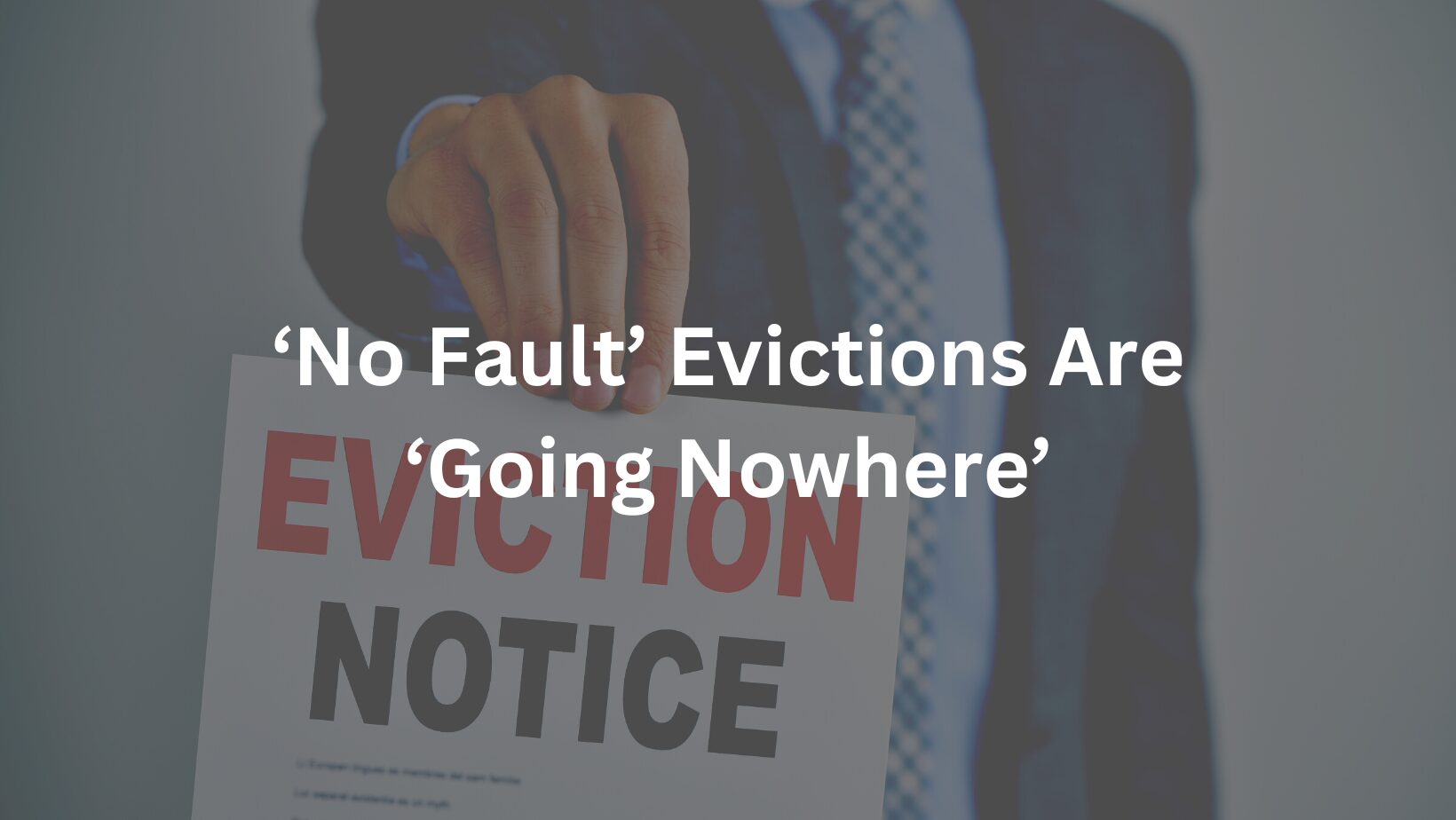At Court Enforcement Specialists, we understand the vital importance of fair and timely rent collection.
We also understand the complexities that arise when the calendar presents us with a 53-week financial year…
…like this year!
This unique scenario poses significant challenges for both tenants and landlords, especially concerning Universal Credit housing benefit payments, as this covers only 52 weeks of rent.
When it comes to rent payments, this year's calendar configuration has thrown a pretty hefty curveball with 53 'rent weeks' due, outstripping the coverage provided by Universal Credit housing benefits. It’s never just ‘one more week’ for families right now.
The implications of this misalignment are far-reaching, as highlighted by data firm Housemark's analysis, which predicts a sector-wide increase in rent arrears totalling a staggering £220 million.
Housemark's examination of social tenant demographics and average rent charges unveils a concerning reality that deserves careful attention from all stakeholders in the housing sector.
The 53-week anomaly has prompted recognition from several landlords and housing bodies, shedding light on the imminent financial strain facing tenants and landlords alike.
Drawing insights from its comprehensive Pulse Survey conducted across 149 UK social landlords in April 2024, Housemark has proactively quantified the potential repercussions of this fiscal anomaly.
The calculations warn of an impending surge in rent arrears. This requires proactive measures to mitigate the adverse effects on income management within the social housing landscape.
Jonathan Cox, Housemark's director of data and business intelligence, is keen to reinforce the urgency of addressing this pressing issue…
“This 53-week problem comes at the worst possible time for tenants, as households continue to face challenges due to the cost of living crisis."
The variety of factors, including rising fuel poverty and strained support services, means that there is real urgency for landlords to monitor and address the evolving landscape of income management with precision and empathy.
While the social housing sector has a fair track record in rent arrears management, the evolving situation means there is a real and pressing need for continued vigilance and adaptability.
As rent arrears creep upwards, amongst a decline in eviction rates, a troubling trend is emerging. It is imperative for landlords to navigate the delicate balance between financial sustainability and tenant welfare.
At Court Enforcement Specialists, we recognise the pivotal role we play in safeguarding the interests of both tenants and landlords throughout this challenge.
It’s about encouraging a collaborative approach that prioritises effective communication, proactive solutions and empathetic support. With this, we can navigate the complexities of this 53-week year in rent payments with resilience and compassion.
As the social housing sector braces for the implications of a prolonged financial year, we’re remaining vigilant, responsive and adaptable for our clients, but also for tenants, who may be facing hardship and vulnerability.
With empathy, insight and determination, we can ensure that as many members of our communities as possible find the stability and support they need.
OUR UPDATES
Latest news & updates
I need help with...
Whatever help you require, get in touch with us!









